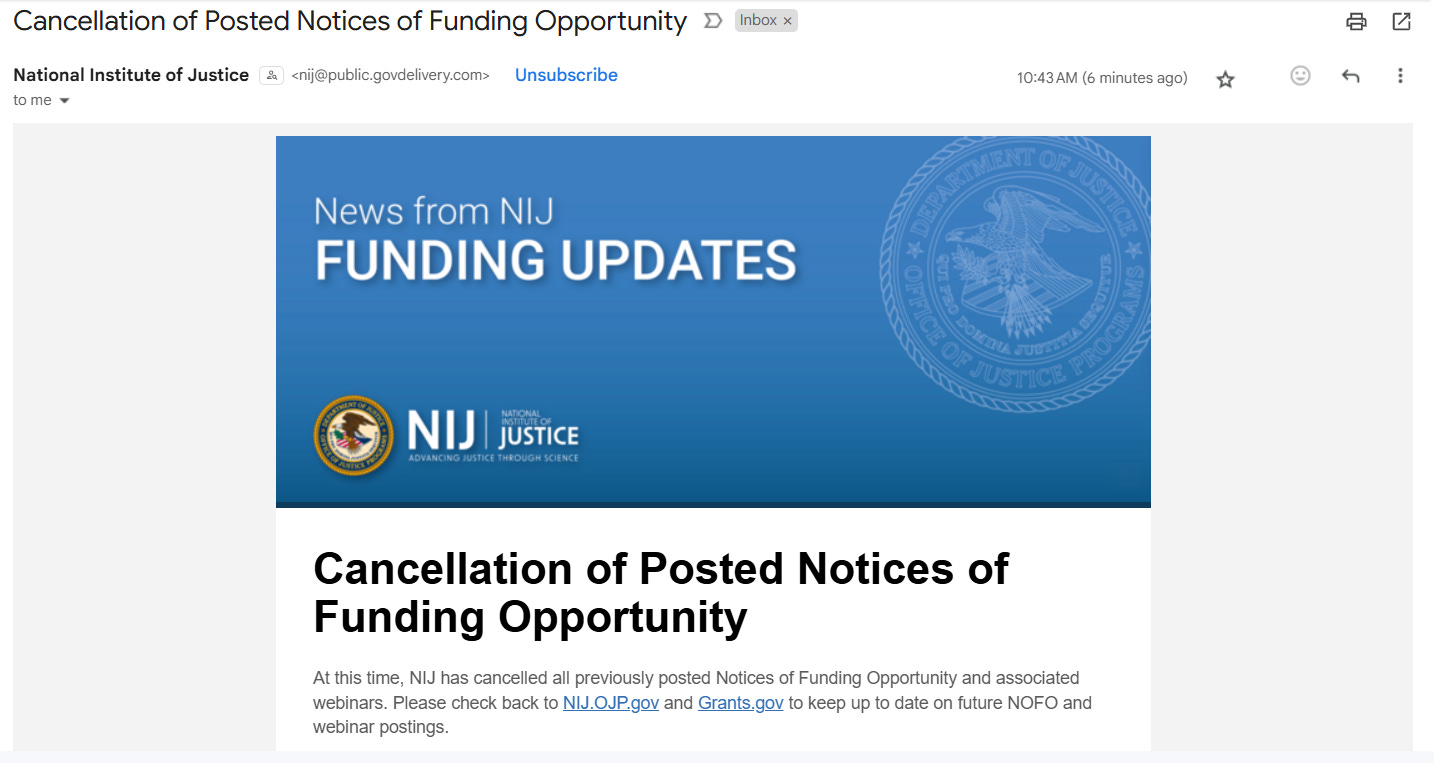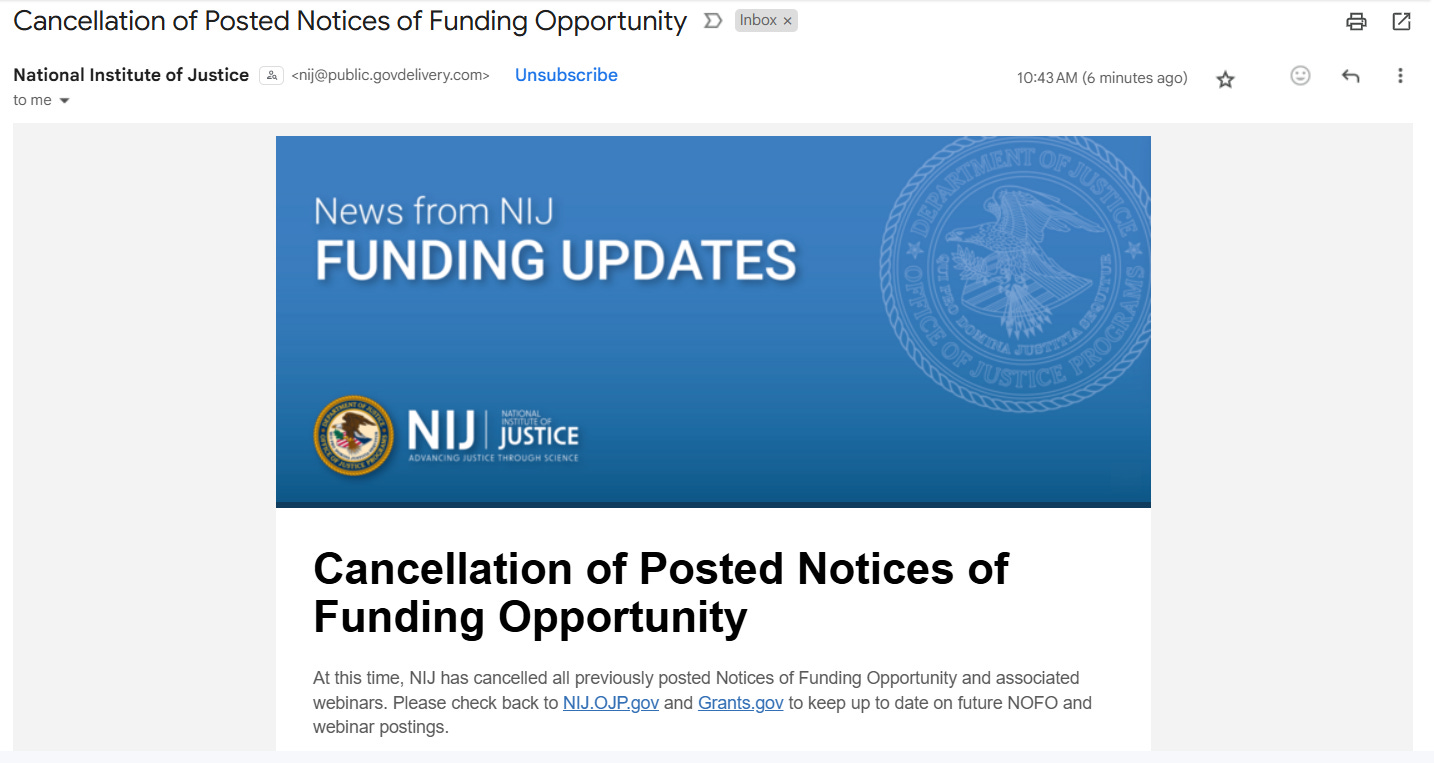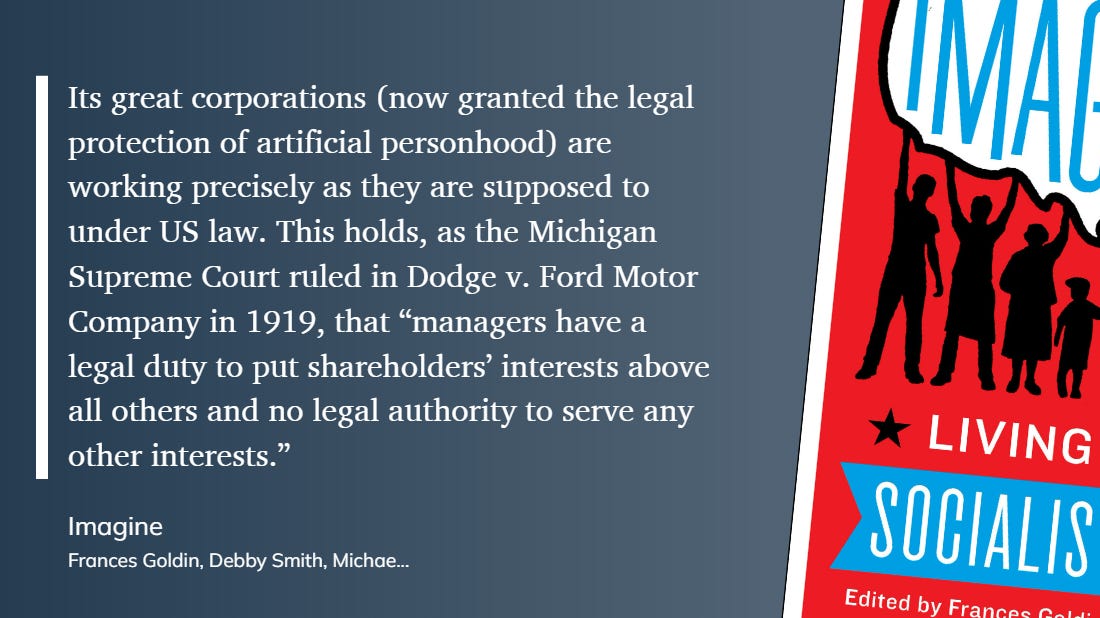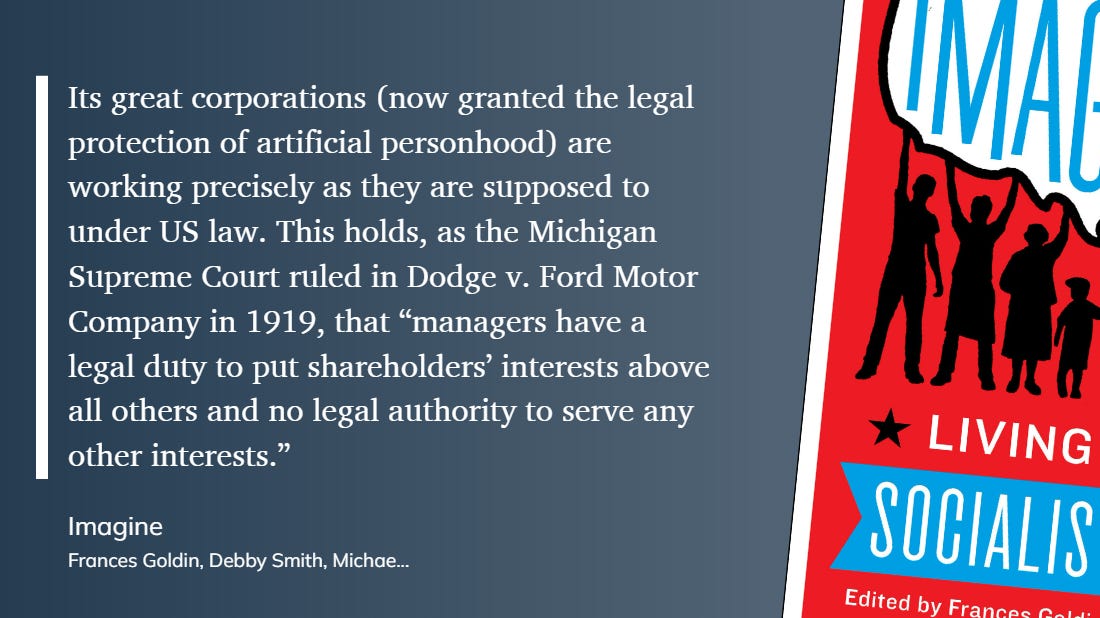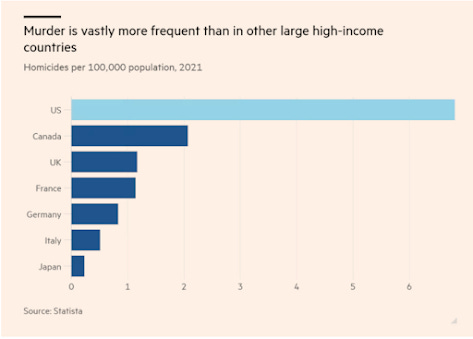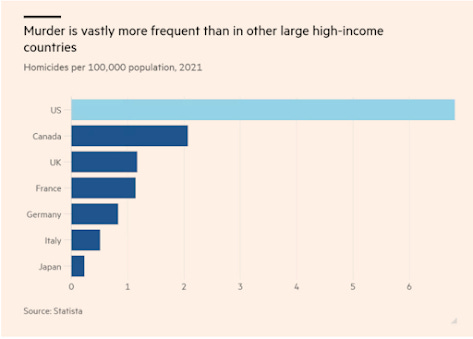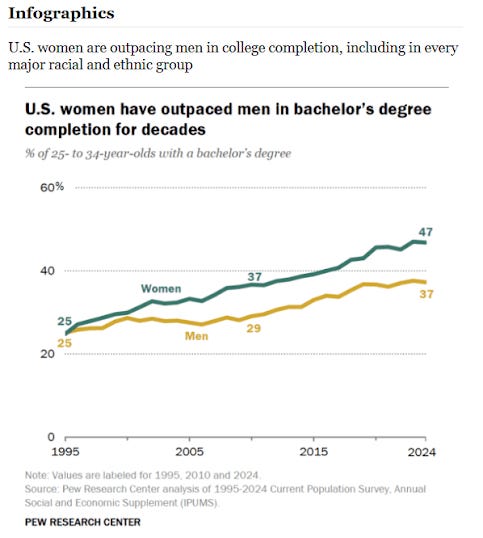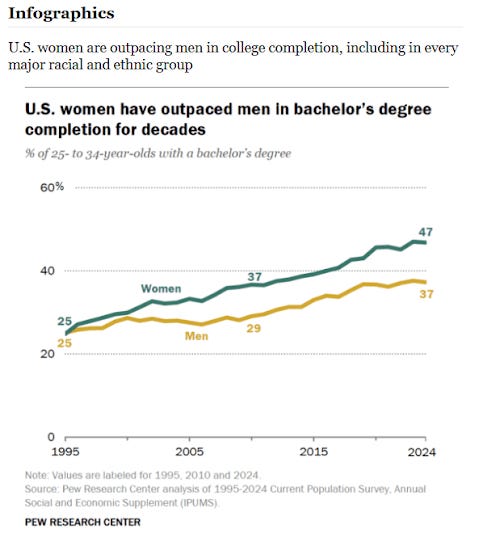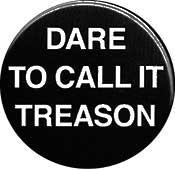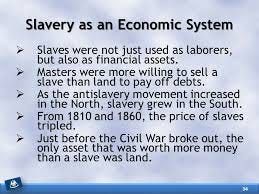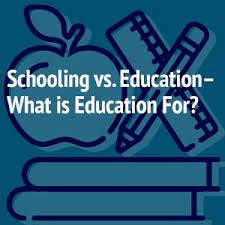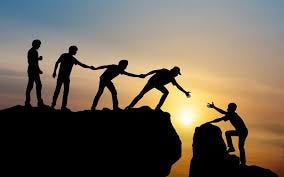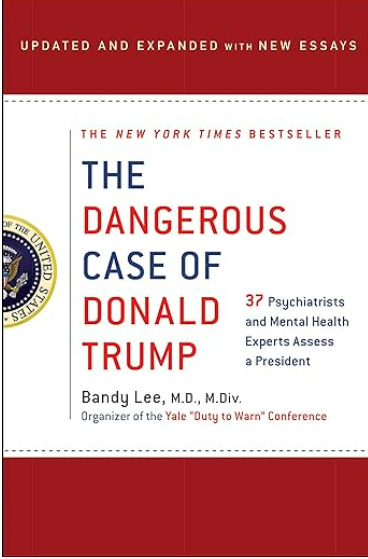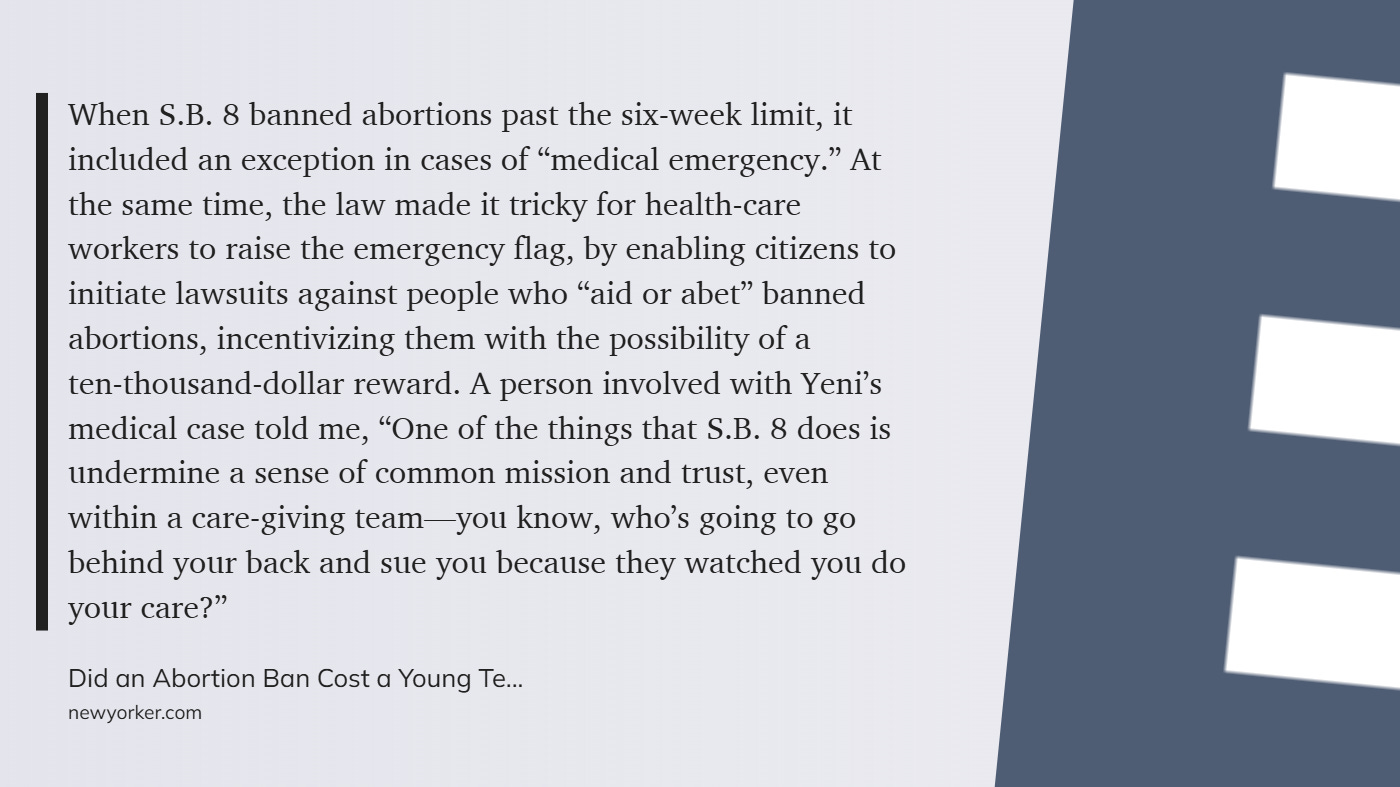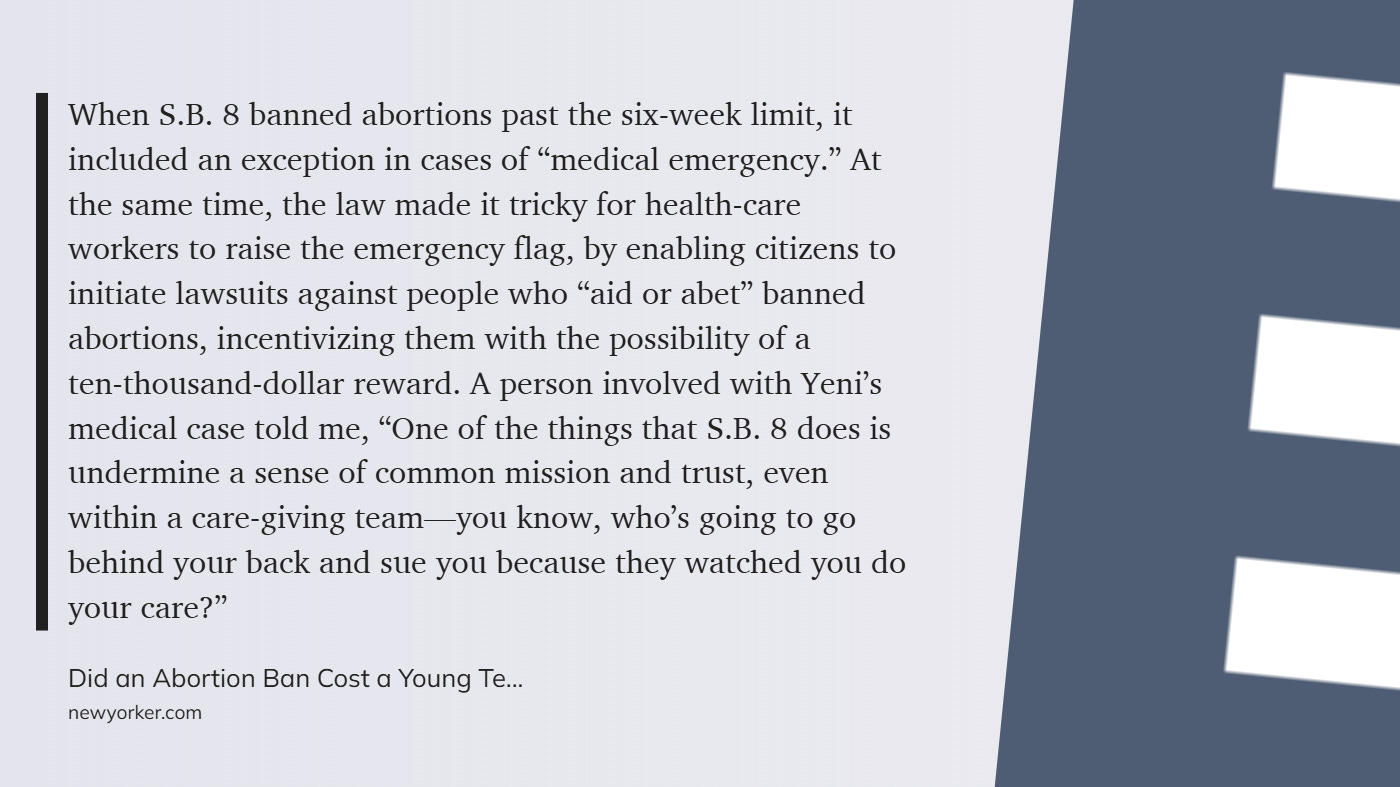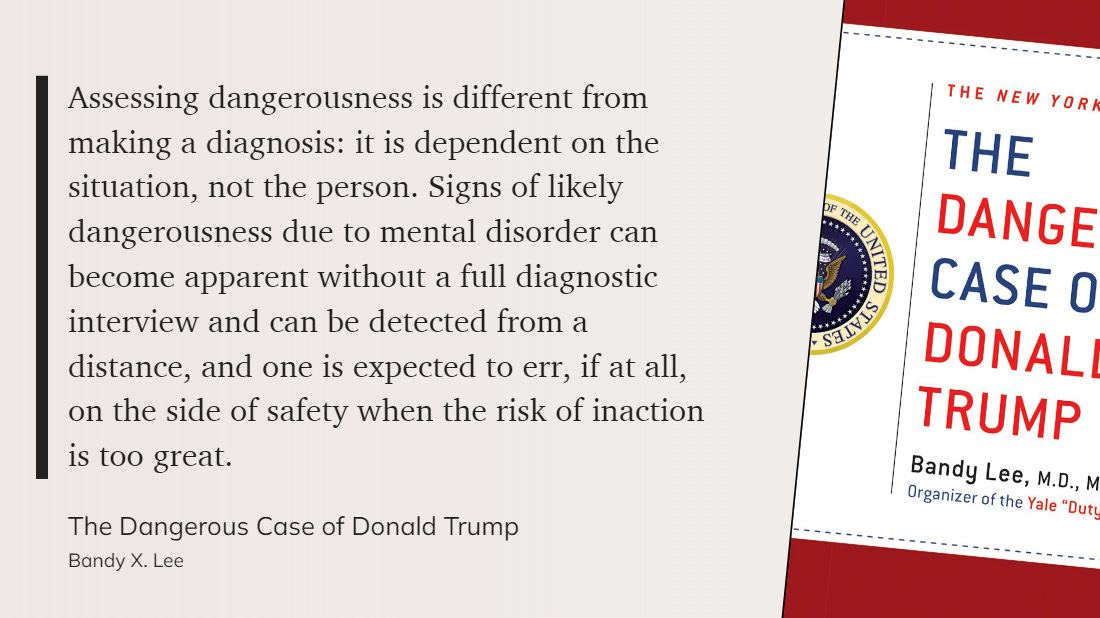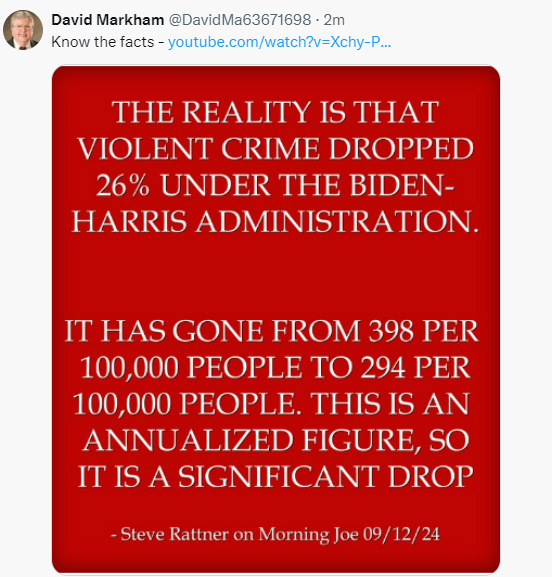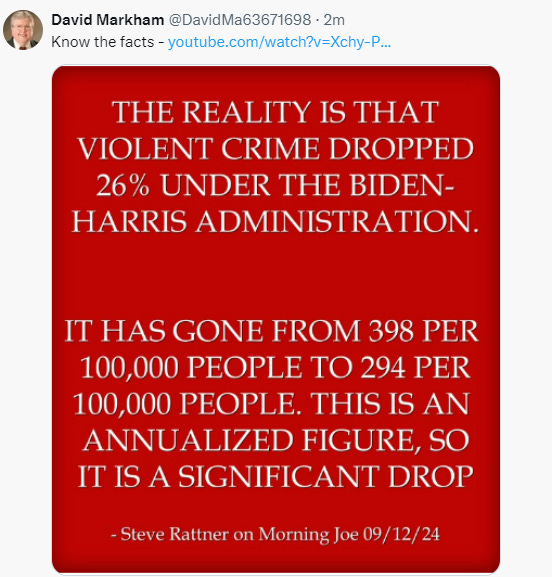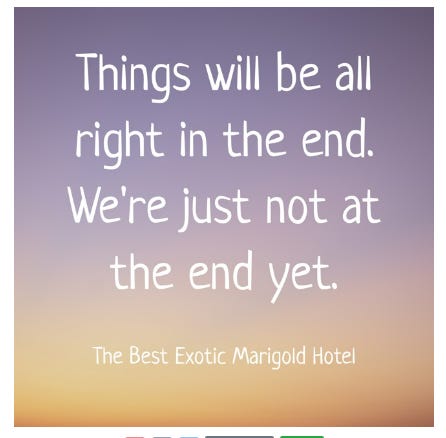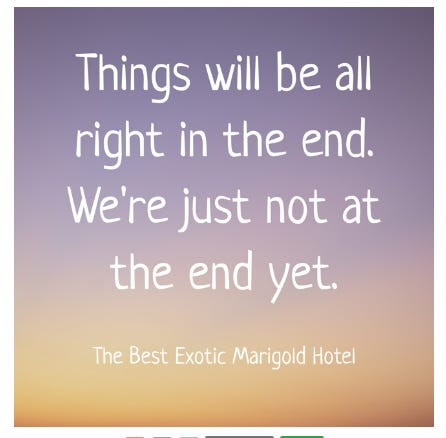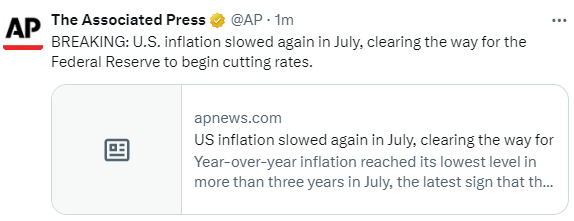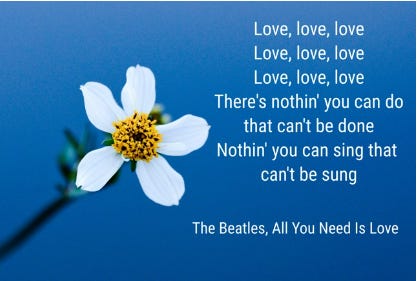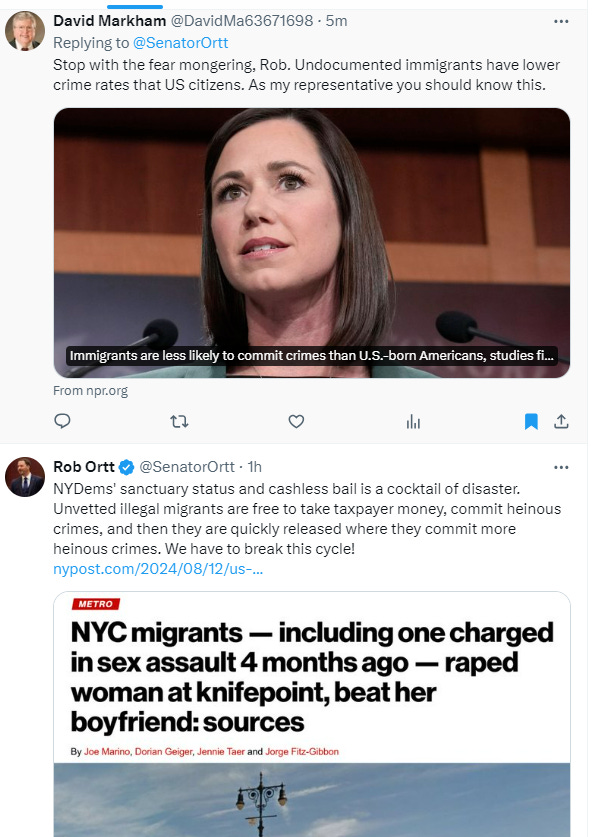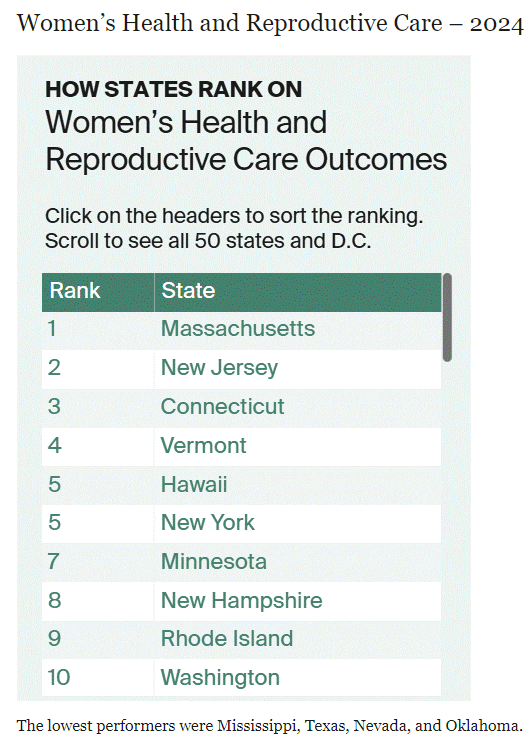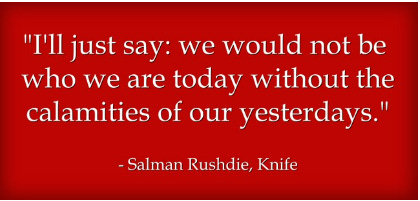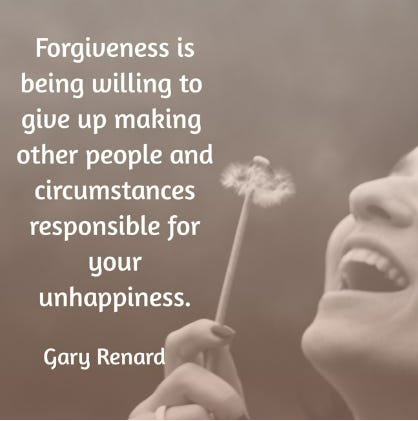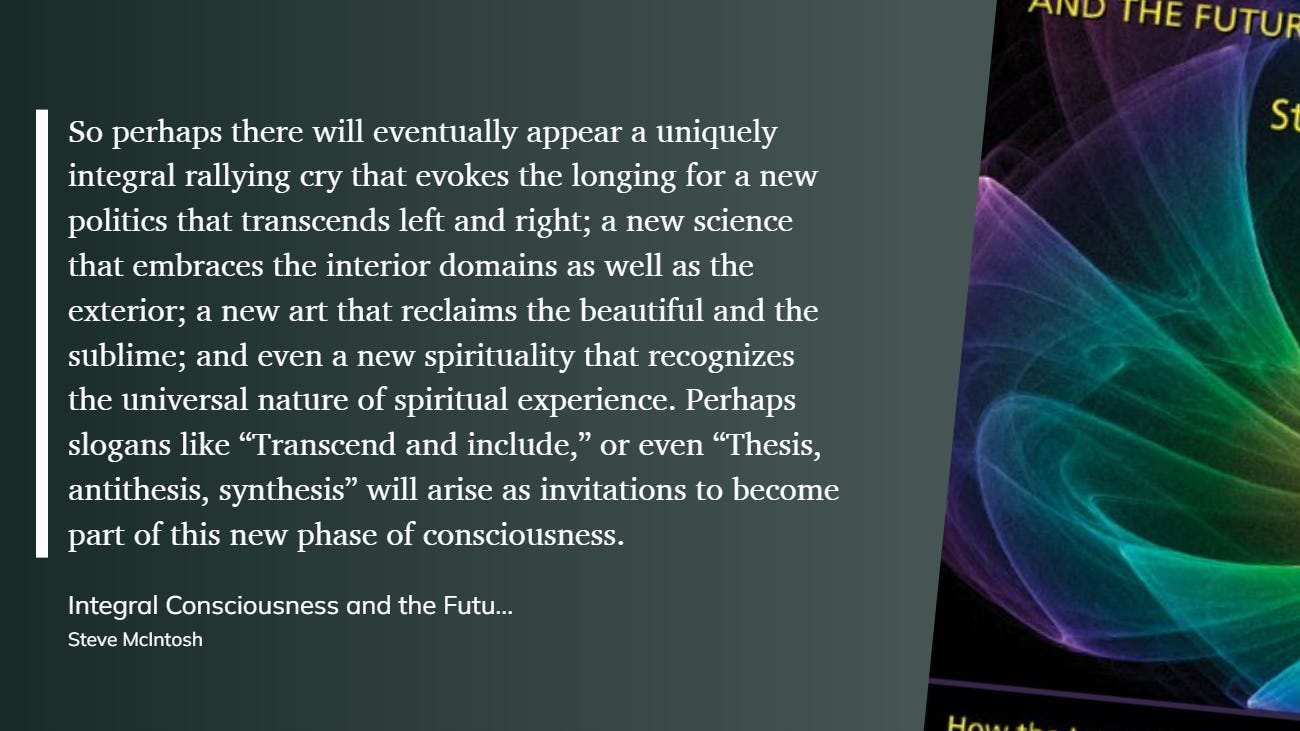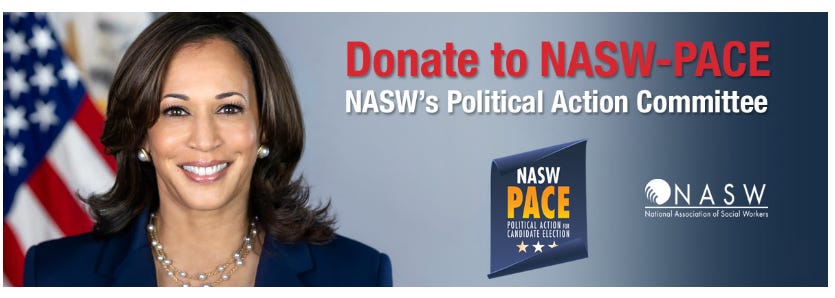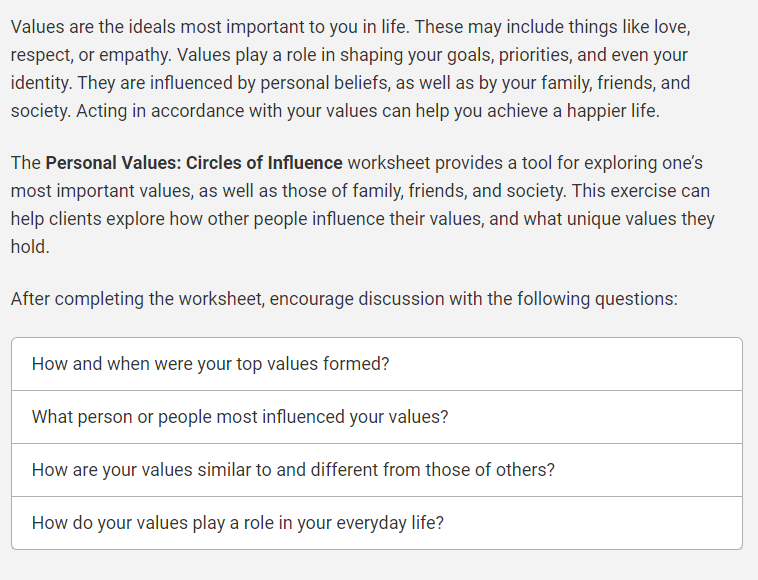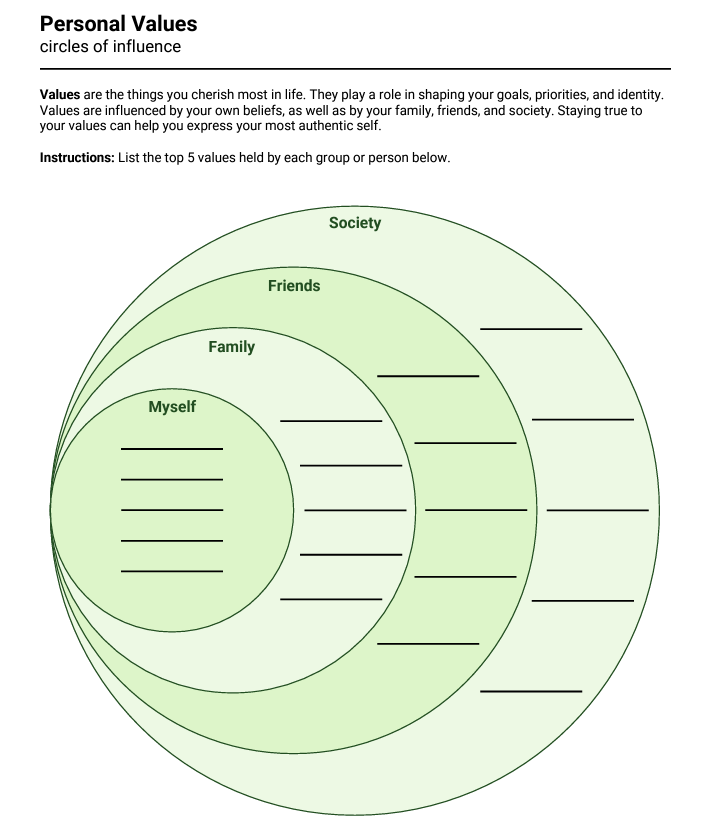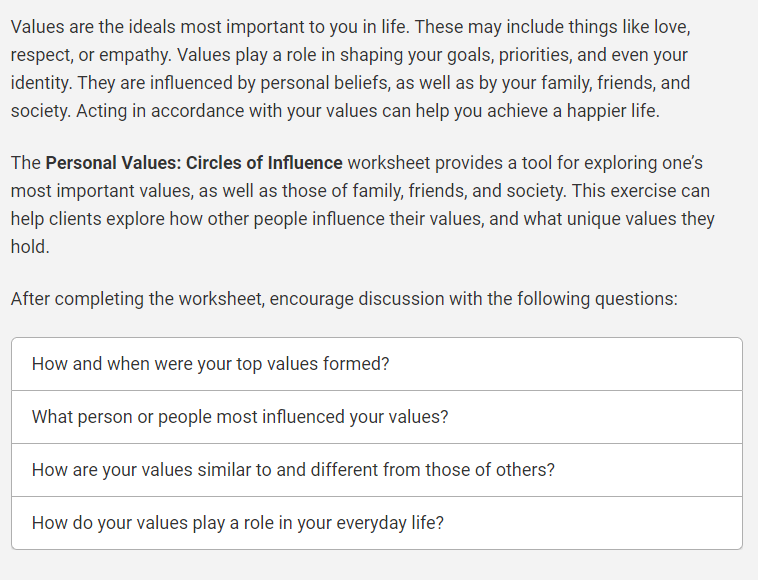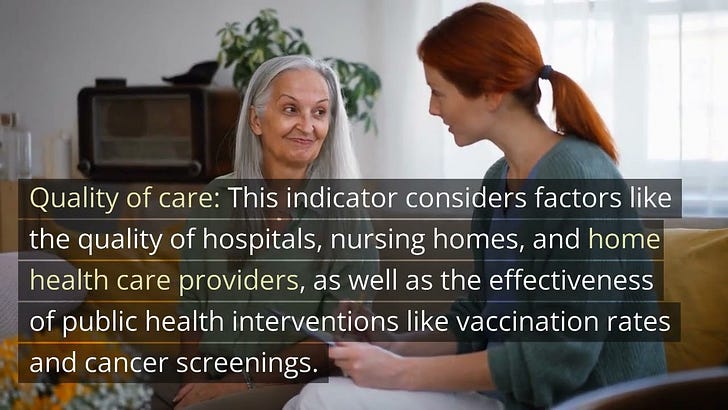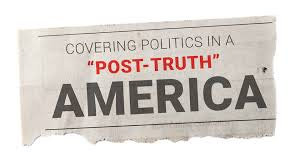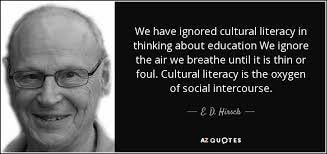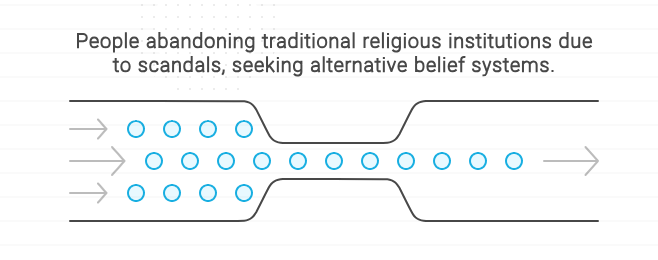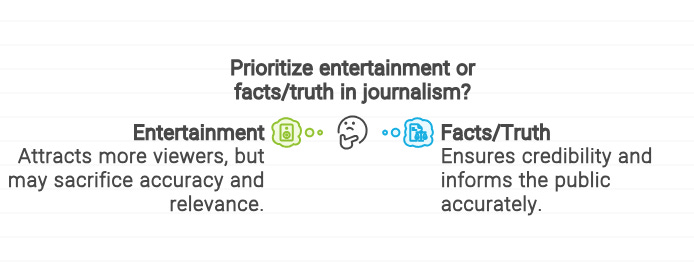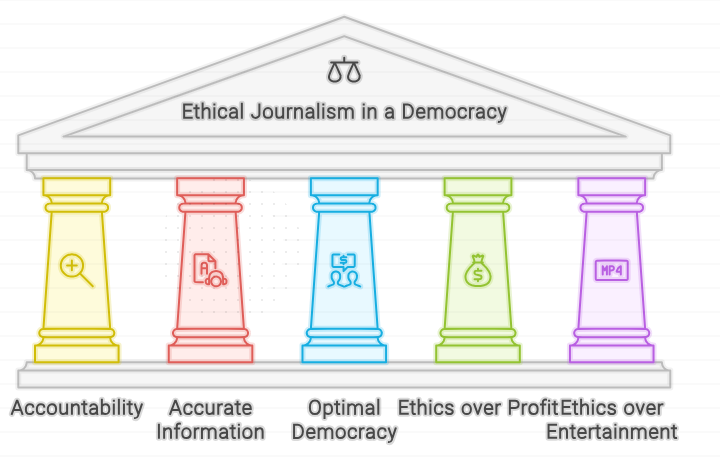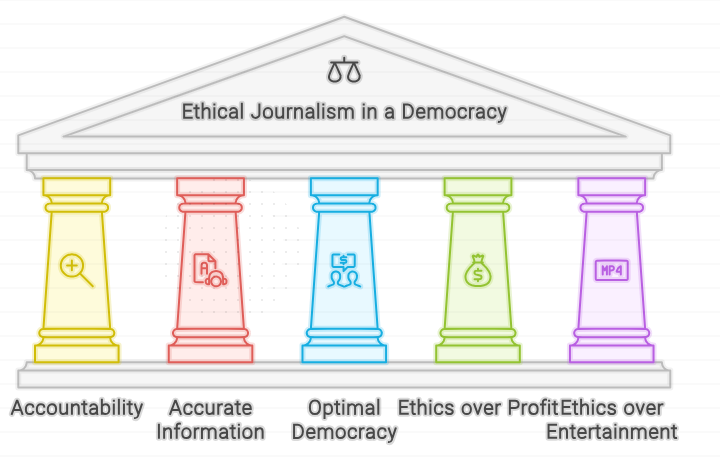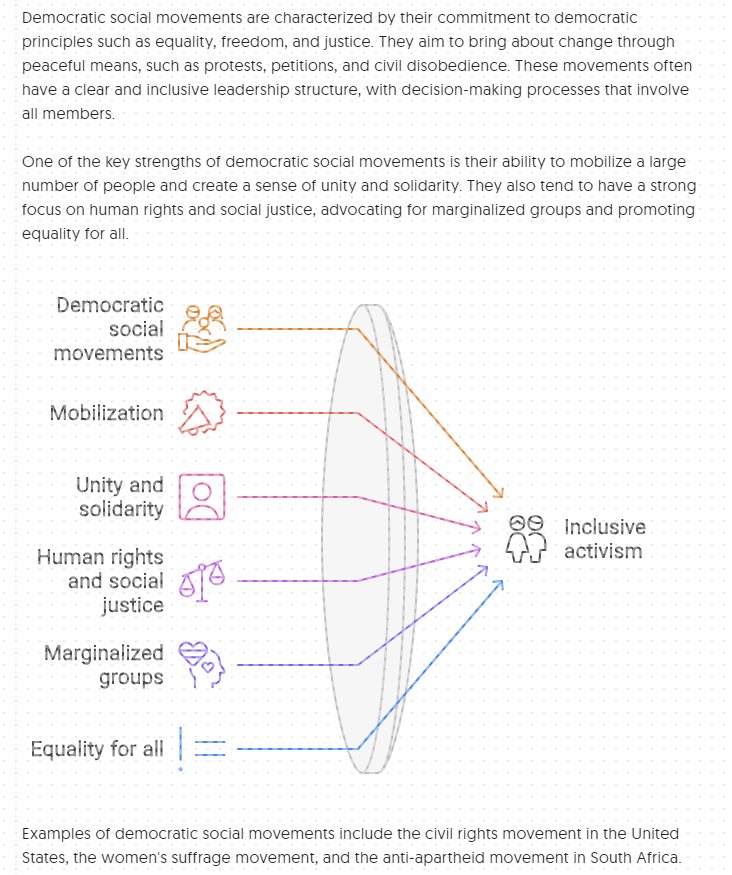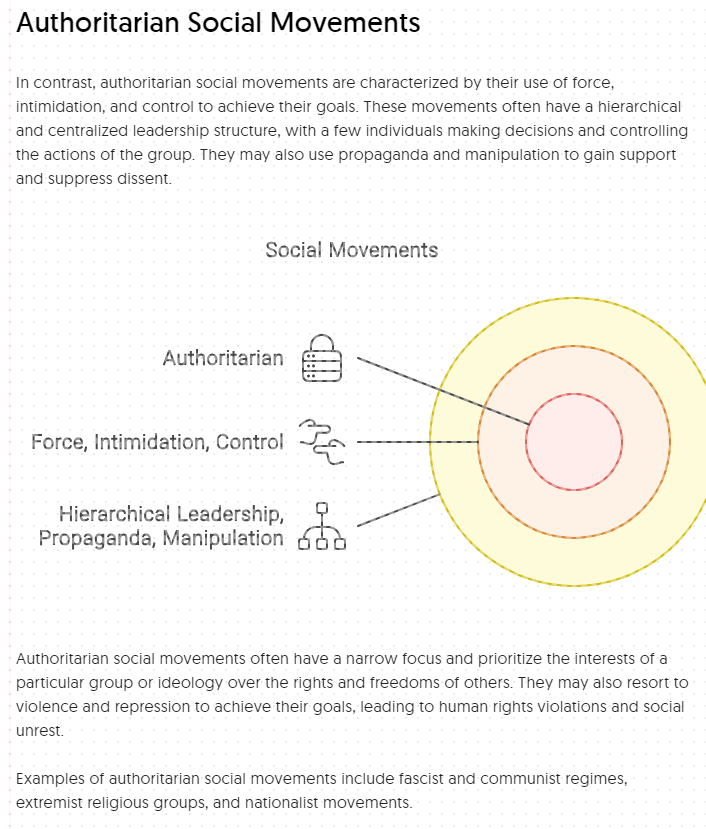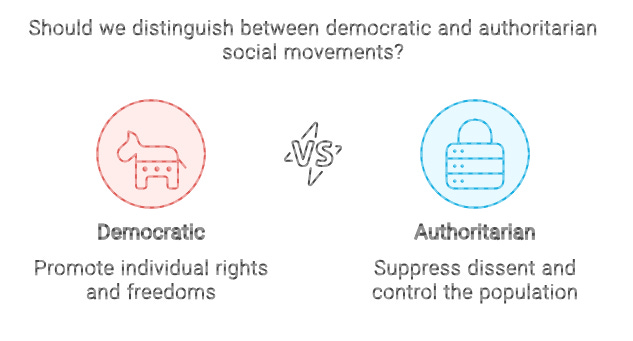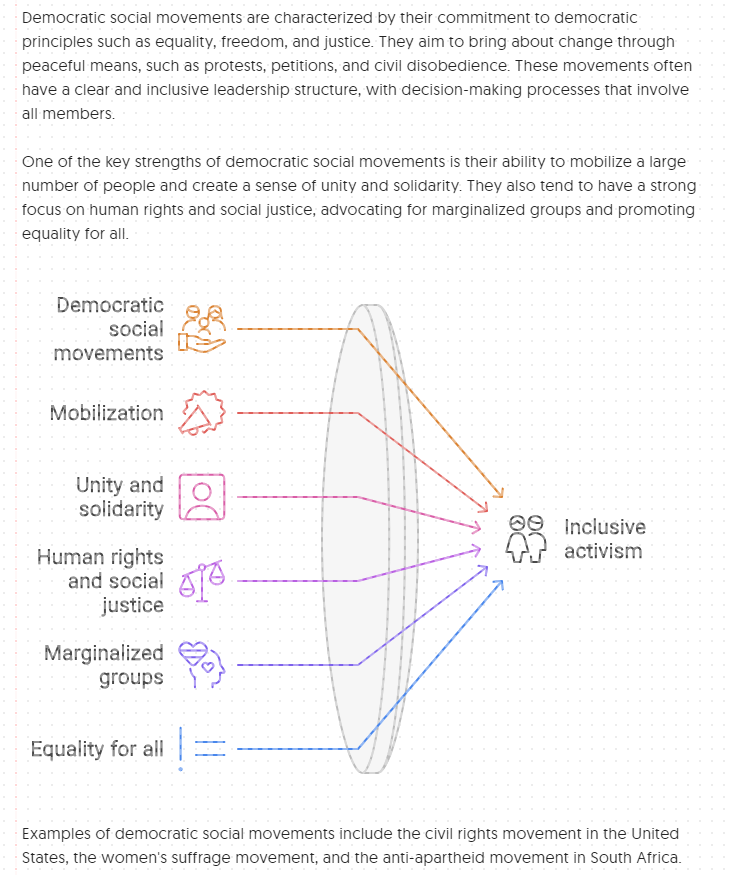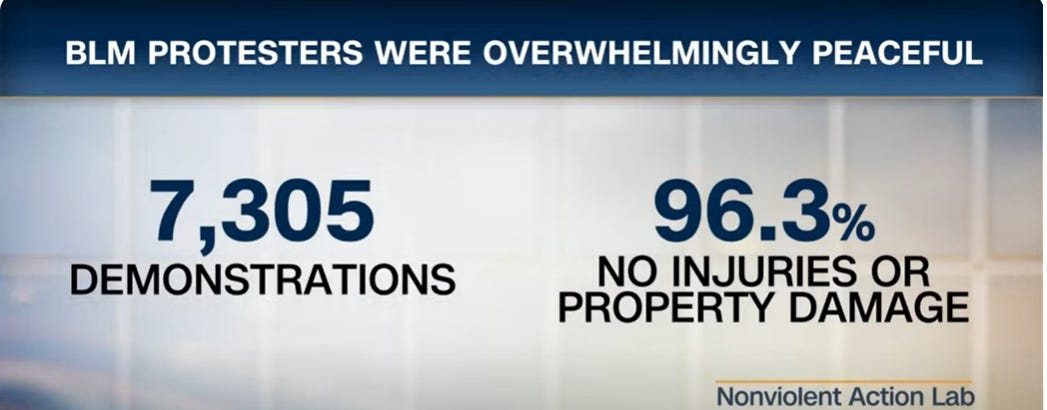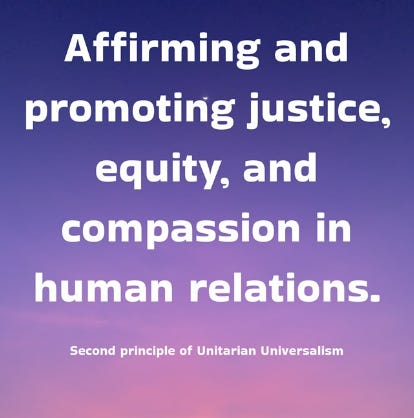Topic One
Making meaning of historical events
Q2. The author argues that history is dangerous. What does he mean?
The historian David Blight wrote that the Civil War is like “the giant sleeping dragon of American history ever ready to rise up when we do not expect it and strike us with unbearable fire.”1 I poked the Civil War beast, and it singed me. History is dangerous. It forms our identity, our shared story. If someone challenges a sacred myth, the reaction can be ferocious.”
1- The Civil War Lies on Us Like a Sleeping Dragon: America’s Deadly Divide - and Why It Has Returned,” Guardian, AUg. 20, 2017, www.the-guardian.com/us-news/2017aug/20 /civil-war-american-history-trump
Becky
Hi Becky et al.
The old saying is that the history of war is written by the victorious. In the case of the U.S. Civil War it has been written by the losers.
People remember what they want to remember the way they want to remember it. Remember all that we have learned about cognitive bias and cognitive dissonance?
It's not so much the facts that change but the interpretation and the meaning of the facts. Interpretation and meaning is always in flux and should be depending on the lens we are looking through which is often contextually influenced. The level of awareness and consciousness of the storyteller and the listener filter the meaning of the story. As Jesus said, "He who has ears to hear, let him hear." The observation though is that people only hear what they want to hear, have been socialized and conditioned to hear.
As Seidule writes a little later on page 40, " When I finally discovered the Lost Cause Myth, a manufactured past, I was stunned. Why did I believe the lies for so long? It took me decades to realize the truth because I ignored the evidence right in front of me."
It is not just Ty Seidule but many members of our society who are coming to terms with a self reckoning of what we have done and continue to do to our brothers and sisters. It is so shameful by today's standards that we would rather deny it and sugar coat it than face the barbarity of what we as human beings have done and are capable of.
Remember Joe South's great song, "Oh the games people play now.?"
David Markham
Topic Two
Would you rather be right or be happy and the "Lost Cause"?
In so many unfortunate ways, my life and career have traveled the roads of Civil War history. Actually, more than Civil War history, it’s the history of white supremacy. In telling my story, I hope to shed a different light on American history that many of us would sooner ignore: the histories of slavery, of Reconstruction, of segregation, of lynching, of corrupt economic systems, of the painful process of desegregation, and of the myth of the Lost Cause of the Confederacy.
Seidule, Ty. Robert E. Lee and Me (p. 8). St. Martin's Publishing Group. Kindle Edition.
I am amazed at Ty Seidule’s humility and willingness to change his mind about his understanding of American History. In A Course In Miracles one of its most famous passages is the sentence, “Would you rather be right or be happy?” It makes me so happy that Seidule is choosing to be happy rather than right given his old way of thinking about the Lost Cause of the Confederacy.
To what extent do you think that other people who believe in the Lost Cause will change their minds if they read Seidule’s book?
Topic Three
Calling a spade a spade and not a shovel.
Eleven southern states seceded to protect and expand an African American slave labor system. Unwilling to accept the results of a fair, democratic election, they illegally seized U.S. territory, violently. Together, they formed a new “Confederacy,” in contravention of the U.S. Constitution.7 Then West Point graduates like Robert E. Lee resigned their commissions, abrogating an oath sworn to God to defend the United States. During the bloodiest war in American history, Lee and his comrades killed more U.S. Army soldiers than any other enemy, ever. And they did it for the worst reason possible: to create a nation dedicated to exploit enslaved men, women, and children, forever.
Seidule, Ty. Robert E. Lee and Me (p. 9). St. Martin's Publishing Group. Kindle Edition.
This is as blunt a statement as I have ever read about the U.S. Civil War. It is the core belief underlying white supremacy. It is what led to the January 6th, 2021 insurrection when white supremacists attempted to end democracy by taking over the capital and lynching Mike Pence so he, as Vice President, could not ratify the election results certifying that Joseph Biden has been voted in as President of the United States.
It is interesting to observe that this element in our country not only still exists but attempts to maintain control of the country by any means possible including violence and assault. The Civil War is continuing in the US 156 years after it ended.
To what extent do you see a connection between the radical right in the U.S. today and the thinking of those who wanted to secede from the United States back in the mid 1800s?
Topic Four
Names matter
No, the boys in blue fought in the U.S. Army for the United States of America. The names we use matter. By saying Union and Confederate, Blue and Gray, North and South, we lose the fundamental difference between the two sides. The United States fought against a rebel force that would not accept the results of a democratic election and chose armed rebellion. At Fort Sumter, South Carolina, and a dozen other U.S. Army posts, the secessionists fired on U.S. property and then seized it.
The southern slaveholders were not fighting some foreign or lost-to-history army called the Union. The Confederacy fought the United States of America, the country I spent a career defending. I will call those men who fought to save their country and, by 1863, end the scourge of race-based slavery by their proper name—U.S. Army soldiers.
Seidule, Ty. Robert E. Lee and Me (p. 22). St. Martin's Publishing Group. Kindle Edition.
Seidule makes an excellent point. The confederates of the South declared war on the United States of America because they chose not to follow democratic rule. The same thing has happened in 2021.
The “Big Lie” has been promulgated by Donald Trump and his followers and it should be named what it is “treason.”
Do you believe “treason is too strong a word” for people who work to set aside a democratic election in 2020-2021?
Topic Five
The genesis of racism is economic advantages.
THE CIVIL WAR left between 650,000 and 750,000 dead because the Confederates fought to create a slave republic based on a morally bankrupt ideology of white supremacy. White southerners went to war to protect and expand chattel slavery but suffered a catastrophic defeat. Not only did they lose the war, but with the Thirteenth, Fourteenth, and Fifteenth Amendments to the Constitution they lost de jure white supremacy. Yet the former Confederates succeeded beyond their wildest dreams in changing the narrative of the Civil War. Lee’s biographer Douglas Southall Freeman wrote to the Pulitzer Prize–winning southern novelist Ellen Glasgow, “We Southerners had one consolation. If our fathers lost the war, you and Margaret Mitchell … have won the peace.”72
When I finally discovered the Lost Cause myth, a manufactured past, I was stunned. Why did I believe the lies for so long? It took me decades to realize the truth because I ignored the evidence right in front of me. The underlying belief system in Meet Robert E. Lee, Gone With the Wind, and Song of the South is the ideology of white supremacy. My ignorance and then guilt in buying the Lost Cause myth and the tenets of white supremacy kept me silent for years, but no longer. I’m on a campaign to uncover white supremacy and the Lost Cause in the places I’ve lived and the institutions that educated and gave me purpose. As it turns out, the lies of the Lost Cause infused every aspect of my life—and that pisses me off.
Seidule, Ty. Robert E. Lee and Me (pp. 40-41). St. Martin's Publishing Group. Kindle Edition.
Seidule was stunned by his belief in the “Lost Cause Myth.” I was stunned that he was stunned that there is such a thing. It’s like a light bulb has gone off in my mind and now I understand the grievance of the Southerners and other whites. I had never really understood it before. I was blind but now I see and it has been an amazing grace in my life.
The only question that troubles me now is whether the bigger problem is the desire to maintain a system of slavery or the desire to maintain their capitalistic system of economics. Without slaves and free labor the wealth of the 1% would be lost. The same holds true today and into the foreseeable future.
Slavery was ensconced in America from its founding as part of a capitalistic system of economics which continues to this day in many different forms. Systemic racism maintains the caste system which is based on an economic system in which the haves exploit the have-nots. It’s how America works.
The thing that has come clearer to me is that this whole racism thing will never be dissolved without a change in our economic system which is fundamental to the whole situation.
Topic Six
The mythic figure of the “Southern Gentleman.”
To be a southern gentleman for me meant embracing one view of history, a skewed one, that placed the Confederacy front and center and willfully excluded the racial history all around me.
Seidule, Ty. Robert E. Lee and Me (p. 44). St. Martin's Publishing Group. Kindle Edition.
The mythic figure of the “Southern Gentleman” is immature imaginations similar to a child’s fairy tale belief in a Prince Charming. There is a gallantry, a chivalry, and romanticism which is very attractive and enjoyable and yet is childish in that it occurs at a level of cultural immaturity called egocentric and ethnocentric.
As consciousness is growing and developing in our postmodern world, American society is maturing to the worldcentric level of consciousness in which the shadow side, the dark side of this myth is illuminated.
This illumination is dislillusioning and just as children sometimes resist and grieve their beliefs in Santa Claus, the Easter Bunny, Tooth Fairies, etc. there comes a time when young girls, as they mature, hopefully give up their fantasies about a Prince Charming.
Ty Seidule in his book, Robert E.Lee and Me, has burst the bubble of fanciful mythologizing and just as the person leaving Plato’s cave has looked outside from the shadows dancing on the cave wall and seen the reality and come back to report it. The other cave dwellers don’t believe the report of the real world, and many believers in the Lost Cause mythology and the Southern Gentleman don’t believe Seidule’s reporting of what he has seen and learned about the Lost Cause myth and the fantasy about the Southern Gentleman..
To what extent do you believe him?
Have his reports changed your understanding of the romantic southern gentleman and ladies?
As a child who mourns the loss of their belief in Santa, do you mourn your awakening from the enjoyable myth of the Southern Gentleman and the romantic south?
Have you told others just as there is not Santa, there is no “Southern Gentleman” as we have been taught to believe in?
How have others you have told taken the news?
Topic Seven
“Schooling” vs. “Education”
The general assembly then created a textbook commission to write and publish three textbooks for use in every public school in the state.57
The purpose of the textbooks went beyond facts; the commissioners hoped “to instill in [schoolchildren’s] hearts and minds a greater love of Virginia and a perpetuation of her ideals.” The textbook commission wanted their selected authors to capture the genteel tradition of the Old Dominion known as the Virginia spirit. While the commission never explicitly defined it, one member emphasized the “generous and kindly traits in the Virginia spirit.” I understood. The commission wanted to create educated Christian ladies and gentlemen who looked at history from a positive point of view without being boastful. The commission told the authors to emphasize Virginia’s right to secede. Above all, avoid critiquing slavery. “Is the matter of slavery presented in the very ablest and best light?” they asked. The commissioners directed that the textbook authors “not give the impression that slavery was the cause of the war.”58
While the books created an imaginary past, the legislature set its eyes firmly on present difficulties.
Seidule, Ty. Robert E. Lee and Me (pp. 63-64). St. Martin's Publishing Group. Kindle Edition.
What Ty Seidule describes here is an attempt by the Virginia General Assembly to create a commission to engage in designing a program of brainwashing and propaganda dissemination not education.
This has happened repeatedly in American history where school children are taught lies to support the normative mythology of those with political power. When this happens in other countries, Americans object that such methods are tyrannical and a form of mind control. When it happens in their own country, and serves their purposes, they see it as an appropriate activity of schooling.
There is a difference between “education” and “schooling” and what goes on in publicly funded government run institutions which purport to be for education but is in fact “schooling” which is designed to brainwash and control the minds of the masses upon which politicians depend for their power.
One of the most significant examples of this dynamic is the fact that schooling has become compulsory in the United States. True education can never be compelled.
What lies have you been taught by your teachers during your schooling?
Were you aware at the time they were lies or only later when you got further information?
To what extent do you object to your children and grandchildren being taught lies?
Have you done anything to provide the student with correct information to improve their understanding?
For more check out James Loewen’s classic book, Lies My Teacher Taught Me.
Topic Eight
The triad of prejudice, discrimination, and racism
In 1972, my fifth-grade year, the State Board of Education announced that the Virginia histories were decommissioned or, as one reporter wrote, “thrown in the trash basket.” Governor Linwood Holton, the first Republican to serve as Virginia governor since Reconstruction, tried to have them immediately removed, but he ran into opposition in the legislature and backed down. The books continued to be used at least through the late 1970s.60 The Virginia textbooks formed one of the most powerful testaments to white supremacy, an insidious monument that poisoned children’s minds for a generation.61
Seidule, Ty. Robert E. Lee and Me (p. 65). St. Martin's Publishing Group. Kindle Edition.
I added the bolding to bring it especially to the reader’s attention in order to ask what thoughts the reader might have about the systemic nature of racism?
A distinction can be made among the concepts of “prejudice,” “discrimination,” and “racism.” Using this triad, prejudice is an individual behavior while discrimination is social and racism is cultural.
People can deny being prejudiced but find it harder to deny functioning within discriminatory systems such as segregation and other exclusionary policies and procedures. Racism is in the water and the culture we share better conceptualized as a “caste” system as described by Isabel Wilkerson.
Have you been aware of this triad of concepts before?
Now that you are aware of them can you give an example of how they apply in your life?
Is Seidule doing us a service by pointing this white supremacist pedagogy which still persists in many areas of the country?
Topic Nine
The segregated south was a racial police state.
Today, the more I learn about segregation and the Jim Crow system in Virginia, the more I agree with the great Virginia civil rights lawyer Oliver W. Hill Sr., a law partner with Samuel Tucker. Hill found a better way to explain the “Virginia way of life” that helped form me. In 1985, he described life for southern African American citizens during the Jim Crow era: “Virginia and the whole South were police states. There isn’t a question about that. Negroes didn’t serve on juries … You saw no blacks in places like city hall, or public buildings, unless, except, maybe an elevator operator or janitor. And that’s the way it was.”78 If the Virginia of my youth was no democracy, if I call a plantation an enslaved labor farm, then I should also call segregated Virginia by its true name—a racial police state. To be clear, the South of my birth was no democracy.
Seidule, Ty. Robert E. Lee and Me (p. 72). St. Martin's Publishing Group. Kindle Edition.
Ty Seidule pulls no punches. Seidule doesn’t sugar coat. Seidule doesn’t equivocate or spin. Like a soldier, even though also a scholar, he calls a spade a spade and tells the unvarnished truth.
How many people would agree with his labeling plantations “slave labor camps” and the segregated states of the south “racial police states?”
Seidule ends chapter two with this sentence, “We find it hard to confront our past because it’s so ugly, but the alternative to ignoring our racist history is creating a racist future.” p.73
It seems that we have ignored our racist history and are living in a racist present. Confederate flags in a Charlottesville racist rally in August of 2017 led to people being killed and beaten by White Supremacists is a contemporary phenomenon along with Confederate flags being carried through the halls of congress on January 6, 2021 as rioters staged an insurrection to disrupt a democratic government. So I don’t know what Seidule means when he writes that ignoring our racist history is creating a racist future. This is not a speculative future but current behavior to subvert our constitution the same as in 1861.
The question is what should be done?
Seidule writes that the first step is to dispel the myth of the lost cause and get real about our racist past by labeling things appropriately and stopping the so-called “dog whistles.”
Is Seidule’s book a step in the right direction labeling historical events more accurately?
What do you think of his use of the terms “slave labor farms” and “racial police state” and southern soldiers especially officers as “traitors?”
How can we help Southerners who deny reality with the lost cause myth to redeem their souls so that genuine healing can take place?
Would truth commissions and reparations help?
Let's not forget George Floyd, Breonna Taylor, Michael Brown, Travon Martin, Daniel Prude, Eric Garner, Tamir Rice, etc., etc., etc.
Topic Ten
Despair or hope?
As mob violence became more widespread and effective in enforcing racial subjugation, lynchings became more public and more macabre. Huge crowds would gather for the planned events. Hanging proved too quick and efficient a means of death. Instead, lynch mobs turned to genital mutilation, dismemberment, and burning, like something from the medieval era. Crowds would clamor to take souvenirs of the hanging tree, rope, and even the fingers and skins of the victims. I remember the first time I saw postcards depicting a lynching. A young white boy smiled at the feet of a hanging victim. Lynchings became violent public spectacles that united the white community while ensuring the subservience of African Americans.23
Seidule, Ty. Robert E. Lee and Me (p. 84). St. Martin's Publishing Group. Kindle Edition.
I have seen the postcards and pictures of the lynchings too. The visceral reaction I experienced was the same when I’ve seen pictures of the Nazi concentration camps. It has led me to despair in wondering “What kind of a species of animal are we that we can do this to one another?”
I do not have an answer but I do know that we are capable of becoming better than this. What will it take to push the evolutionary project forward to develop healthier functioning human beings? Will it take better politics, better religion, better economic systems, better social systems, more spirituality, all of these things?
It seems to me using Ken Wilber’s AQAL model that it takes primarily growth in the interior realms of spirituality and culture. As advances are made in the interior quadrants, we will find the development of different kinds of social institutions and even a rewiring of the human neurology. One thing for sure, there is no quick fix, no silver bullet, no magic key.
Each one of us must take responsibility for our own interior spiritual development and join with others with similar goals to create our preferred society and world.
What do you do in this regard? What kind of spiritual practices do you engage in? What kind of fellowship and emotional support systems have you created that facilitate and nurture positive evolutionary movement? To whom do you look for spiritual leadership and inspiration?
Topic Eleven
Confederate monuments as a means of racial subjugation
As the historian Karen Cox has noted, a Confederate monument had the same purpose as lynching: enforce white supremacy. It is no coincidence that most Confederate monuments went up between 1890 and 1920, the same period that lynching peaked in the South. Lynching and Confederate monuments served to tell African Americans that they were second-class citizens.40
Seidule, Ty. Robert E. Lee and Me (p. 89). St. Martin's Publishing Group. Kindle Edition.
What do you think of Karen Cox’s idea that Confederate monuments enforce white supremacy? Seidule tying together the rise of lynching and the placement of Confederate monuments could be a coincidence and maybe indications of the same mindset meant to intimate and subjugate black Americans in its caste system.
Growing up in Western New York state I never saw any Confederate monuments but occasionally confederate flags. Confederate flags were frequently seen in mobile home parks and the word on the street is that they marked the drug dealers in the park. I don’t know if this is true but I thought it was interesting that those who flew Confederate flags in front of their mobile homes were stigmatized as being outlaws of some type.
Topic Twelve
State killing of black people as a means of subjugation and social control.
Capital punishment became the new means of enforcing racial control. Between 1901 and 1964, Georgia hanged and electrocuted 609 people. Eighty-two percent of those executed were Black men, even though Georgia was majority white.
Seidule, Ty. Robert E. Lee and Me (p. 90). St. Martin's Publishing Group. Kindle Edition.
Comparatively, the U.S. population is 61% non-Hispanic white, 18.1% Hispanic or Latino, 13.4% African-American, 5.8% Asian, 1.3% Native American, and 2.7% mixed (per U.S. Census Bureau 2018).
Black people are way over represented on death row in the United States and are far more often executed especially in states like Texas and Florida and other Southern States.
This from the AP “Since the death penalty resumed in 1977, 295 Black defendants were executed for killing a white victim, but only 21 white defendants were executed for the killing of a Black victim even though Black people are disproportionately the victims of crime.”
To what extent do you think these facts provide evidence for white supremacy?
Do these criminal justice practices attempt to intimidate and subjugate blacks as a means of social control?
Is state sponsored capital punishment a sanitized version of lynching used to intimidate blacks and “keep them in their place.”
Topic Thirteen
Awakening in a white supremacist and racist society.
07/24/21
Two of the three large army posts in my home state of Georgia remain named for secessionists who never served in the U.S. Army but who did kill U.S. Army soldiers. Benning and Gordon believed until the end of their lives that African Americans, who today make up more than 20 percent of the army, were not fully human. The U.S. Army gives its highest honor to unrepentant white supremacists.
In my other home state, Virginia, three posts carry Confederate names. One is a fort named for A. P. Hill, West Point class of 1847, who fought as a division and then corps commander under Lee. Hill died in combat just a week before Lee surrendered. The second post in Virginia named for a Confederate honors George Pickett of Gettysburg fame, West Point class of 1846. Pickett summarily executed twenty-two captured U.S. soldiers who had previously been Confederates. He ordered them hanged as their family watched the gruesome spectacle. Pickett was a war criminal.
The final and largest army post in Virginia is Fort Lee. Today, Fort Lee is the home of army logistics. While the U.S. Army has superb infantry and incredible tankers, our true claim to fame is logistics. During World War II, the army supported fighting in Italy, France, and all over the Pacific simultaneously. African American truckers accounted for nearly 75 percent of the famed Red Ball Express supplying George S. Patton’s Third Army in the march against the German Wehrmacht in 1944 and 1945.19
Seidule, Ty. Robert E. Lee and Me (pp. 149-150). St. Martin's Publishing Group. Kindle Edition.
As a kid growing up in the 50s and 60s and later as an adult and today as a wise elder, I have been perplexed at the monuments and naming of governmental installations after confederate war leaders. It never made sense to me, and now reading Seidule’s book I am coming to realize that white supremacy and racism is baked deeply into American culture, distorting an accurate view and understanding of our history.
With the deep cultural reverence and adulation for traitors and racists, it is perfectly understandable how President Trump would say after the murderous rally in Charlottesville that we have “good people on both sides,” and continue to perpetuate the Lost Cause Myth.
With the countryside littered with Army bases named after Confederate army officials and their monuments proudly revered on governmental properties and communities across the country is it any wonder that the country still is confused and in denial about our fundamental values as a democracy?
Most of my life I have been confused as a northern boy raised in New York State in the later half of the Twentieth Century. I can’t imagine what I would believe if I had been raised and educated in the South like Seidule.
Culture heavily influences and conditions individual growth and development and consciousness. Seidule makes this point repeatedly that he has been miseducated and duped by a society and educational institutions which kept him in the dark about its ugly values, beliefs, and practices. Like John Newton, Ty Seidule and I both, can sing the great song, Amazing Grace, “I was blind but now I see.” How long before the rest of our fellow citizens catch up and come to know the truth?
In what kind of a culture and school system were you raised and educated?
How much did you know in your formative years about America’s white supremacist and racist past?
To what extent were you educated about accurate history of the Lost Cause myth if at all?
To what extent do you think you are woke? 50% 75%, 100%.
How much has Seidule’s book awakened you to the historical facts about white supremacy and systemic racism in America today? 25%, 50%, 75%, 100%?
Topic Fourteen
The back story: It’s not the principle of the thing, it’s the money.
While his regiment was on the Texas frontier, Lee stayed at the Arlington mansion, serving as a slaveholding planter. After 1857, he spent far more time running an enslaved labor farm (twenty-eight months) than he did with his regiment as an army officer (thirteen months). Officers like Braxton Bragg and Jefferson Davis left the army to seek their fortunes with enslaved labor farms, but Lee was the only senior officer who was actually in charge of hundreds of enslaved workers and in the U.S. Army in 1861.61 By the time he chose secession, Lee identified far more with the southern slaveholding class than he did with his fellow officers. He certainly spent more time managing enslaved workers than he did leading soldiers.
Seidule, Ty. Robert E. Lee and Me (p. 228). St. Martin's Publishing Group. Kindle Edition.
So often when you are reading or listening to the plot line of a story it doesn’t really make sense until you “read between” the lines and learn the “back story” or the shadow side of the situation.
After describing how Robert E. Lee was his hero from his childhood into much of his adulthood, Ty Seidule describes how disillusionment sets in and he realizes that his hero was a traitor to his country because he supported the slave economy of the south. And then on pg. 228, Seidule gives the back story which makes Robert E. Lee's values and decisions understandable. Robert E Lee ran several slave labor farms and profited greatly from them. Once again, the cynical observation arises when a person’s behavior is not about principle but about money.
To what extent do you think that money is the root of all evil?
If you do think that money is the root of all evil how does this idea apply in Robert E. Lee’s situation?
Have you ever been tempted or actually engaged in behavior that went against your principles for money?
To what extent does this back story of Robert E. Lee’s decisions and actions surprise you?
Topic Fifteen
Choosing profit over human decency
Instead, Lee chose another path, keeping the enslaved workers as long as he could to pay off Custis’s debts and build money for the family. To do this, he broke families apart using the hiring system. During Custis’s time running Arlington, he recognized marriages and kept families together, never selling them or hiring them out. By 1860, Lee had used the hiring system to such a degree that only one enslaved family remained together at Arlington. Lee separated husbands, wives, and children and hired them out across Virginia to make more money. Additionally, Lee used the hiring system to make “troublemakers” go away, or at least move them to another farm. He did this to a man named Reuben whom Lee called a “great rogue and rascal.” Whenever Lee made a decision regarding enslaved people, he chose profit over human decency.63
Seidule, Ty. Robert E. Lee and Me (p. 229). St. Martin's Publishing Group. Kindle Edition.
Ty Seidule seems very disillusioned with his former hero choosing profit over human decency but isn’t this the primary principle of capitalism? Isn’t this just “good business” that happens all the time and is as American as apple pie? I am surprised that Seidule seems surprised in Lee’s choices and behavior..
Think of a current example of corporations or individuals putting profit over human decency?
To what extent do you find the “profit motive” surprising in America?
Have you ever put profit over human decency? Give an example such as taking an ex-spouse to the cleaner going through a divorce or cheating on child support or stealing from somebody to get something you wanted?
Topic Sixteen
Double standard in white outrage over miscegenation
Here, Lee discusses what will happen if the United States wins and emancipates four million African American enslaved people. The loss of racial hierarchy would be degradation worse than death. The white women of the South would have to worry about the constant threat of rape or “pollution.” Black male sexuality, which Lee so openly fears, paled in comparison to the very real rape culture of white southern men against Black women.
Seidule, Ty. Robert E. Lee and Me (p. 231). St. Martin's Publishing Group. Kindle Edition.
There is enough to be appalled by when it comes to slavery but the hypocrisy by whites over misegenation takes the cake. The fear of white men that white women would have intercourse with black men would contribute to self righteous murderous rage on the part of the white male, but if a white male were to have sexual intercourse with a black female it was considered his prerogative and at times, a behavior to be bragged about.
A large part of the Lost Cause myth was the chivalry engaged in by white gentlemen to protect the dignity and safety of the Southern Belles. There is a charm to this story line which sold millions of Americans and people around the world on the myth of the Southern Gentleman white knight engaging in battle to protect the vulnerable, beautiful ladies. This myth was not only racist but sexist to boot.
The myth of the chivalrous white knight has provided the emotional glue to the stickiness of racist beliefs in traditional egocentric and ethnocentric world views which are indications of cultural immaturity. The signs that these myths are crumbling is a sign of the growing maturity of American culture. However there are pockets of the white knight chivalrous myth remaining in the white supremasist groups such as the “Proud Boys,” “Oath Keepers,” “Storm Front”, etc.
To what extent have you been charmed by the image of the vulnerable Southern Belle?
To what extent do you think white women need protecting by white men from people of color?
What do you think and how do you feel about miscegenation?
Topic Seventeen
The function of art to support systemic racism.
Everyone must understand what those monuments represent. A monument tells historians more about who emplaced it than it does the figure memorialized. While some memorials went up right after the war, especially in cemeteries, most Confederate monuments were built between 1890 and 1920, and those glorify white supremacy. Du Bois wrote in 1931 that the statues’ “inscription” should read: “Sacred to the memory of those who fought to Perpetuate Human Slavery.” The Confederate monuments that went up after World War II often serve as an argument against integration and equal rights.117
Seidule, Ty. Robert E. Lee and Me (p. 245). St. Martin's Publishing Group. Kindle Edition.
To those who say they don’t believe in systemic racism, all one need do is look at the function of confederate war monuments to see the institutionalization of the valorization of those who fought to maintain slavery as the law of the land in the United States of America.
These monuments are symbolic representations of the Lost Cause Myth. The use of art in the form of sculptures to glorify those who went to war to maintain laws oppressing and subjugating human freedom, dignity, and worth is a perversion of beauty in the service of ugliness.
Art can be used in service of the good, the true, and the beautiful and also of the evil, the false, and the ugly. In order to tell the difference one must look to the function and intention that the creators of the art and those who would display it have. Does it unify and uplift human kind or does it divide and degrade it?
The use to which art is put is a choice both at a personal and at a collective level. It can be objectified and institutionalized. At a personal level the use of art for evil, deceit, and ugliness is one thing. At a collective level it gains social influence. When it becomes “a thing” its power is enhanced in the minds and hearts of a community of citizens such as a state, a region, and/or a nation. As the collective influence of the thing grows, it can become institutionalized and with its institutionalization it becomes deeply embedded in a society and will take many generations to change or eliminate.
Besides the elimination of artistic symbols of human oppression and subjugation, what else will it take to change American institutions for the better when it comes to human rights?
To what extent do you support institutions which still have embedded in their structures and functioning elements of racism?
How has the book “Robert E. Lee and Me” helped you become more aware of the ways in which you interact with and perhaps, inadvertently support policies and practices that are racist? Give an example.
Topic Eighteen
To what extent are you woke?
In 1889, Virginia made Lee’s birthday a state holiday. In 1904, it added Stonewall Jackson to the celebration after someone realized his birthday was only two days after Lee’s. In 1984, the Virginia General Assembly created Lee-Jackson-King Day when it added Martin Luther King Jr.’s name to the holiday. Resistance to irony remains a strong part of white southern identity. In 2000, the law changed to separate Lee-Jackson Day from the MLK holiday. Finally, in March 2020, Virginia Governor Ralph Northam signed a bill into law ending the observance of Lee-Jackson Day and creating an Election Day holiday in its stead. All told, eleven states still have twenty-two Confederate holidays mandated by law.4
Seidule, Ty. Robert E. Lee and Me (p. 251). St. Martin's Publishing Group. Kindle Edition.
I am writing this on 07/27/21 at age 75 and as I review the above passage in Seidule’s book, I am reminded that it was a only a couple of years ago that I became aware that in the South there are State holidays on various confederate leaders’ birthdays and the days of other confederate historical events which I thought was strange at the time. The states that celebrate these days, sometimes with paid time off and the closure of state governmental buildings and services are Alabama, Mississippi, Florida, Texas, Georgia, Virginia, Louisiana, Tennessee, South Carolina, North Carolina, Kentucky, and Texas. In our contemporary political landscape, all these states are Red states and home to white Supremacist groups, beliefs, values, and practices.
I was raised and have lived my whole life in Western New York State so when I became aware of these celebrations and commemorations of confederate leaders and events, it seemed odd to me, but I didn’t make much of it. It seemed to me to be a regional thing and kind of quaint.
It is hard to do anti-racist work when the collective culture supports and valorizes a racist past. Racist beliefs and practices are institutionalized in governmental, educational, and business organizations. While beliefs and practices are slowly changing, racist policies, beliefs, and practices are not simply individual choices but embedded in the fabric of the societies that children are raised in and adults function within. Racist beliefs, values, and practices are not insignificant and inconsequential but have a huge impact on the quality of life in our society for all Americans and even around the world.
Seidule, himself, was raised and socialized in a racist culture even though he was educated at West Point, was a history professor there, and rose to a rank of Brigadier General. His story is so significant because he states repeatedly that he was unaware of the structures and dynamics that contributed to his racist beliefs to the extent that he thought they were normal and acceptable. He even idealized them and glorified them albeit unknowingly. He describes his questioning and awakening from his conditioning and came to a place where he could hardly recognize his new self compared to the old person he had been. Seidule became what we nowadays are calling “woke.”
To what extent have you traveled a similar journey as Ty Seidule and become more woke as you have matured?
While there are many things, what seems to be one of the most significant things that contributed to Seidule’s awakening to the racist history and structures in our society?
What have been some of the most significant things that have contributed to your awakening if you have awoken?
If you, and we, could hasten the awakening of our fellow human beings in our contemporary society, name one or two things that you think might help?
Thanks for reading David G. Markham! Subscribe for free to receive new posts and support my work.
Thanks for reading David G. Markham! This post is public so feel free to share it.
Share
